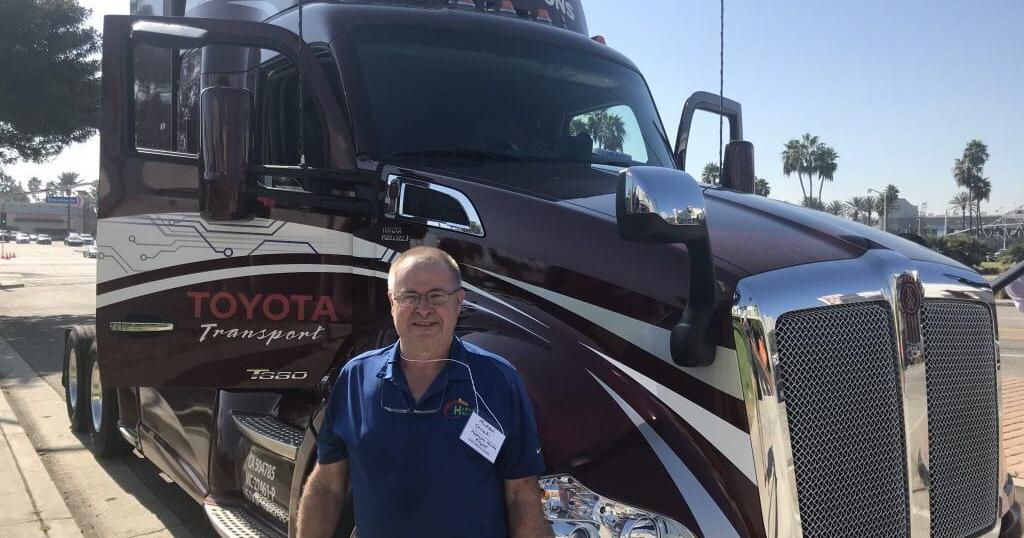THATmanMANNY
Well-Known Member
His son was also in my Rutgers CE class. He came in and did a presentation. It is impressive to say the least! Never visited but would like to.
A couple years ago, this company from Hillsborough came to work for a presentation! I was utterly surprised when I saw their address.
https://nsuwater.com/
to cut to the chase they turn shit into reusable water using equipment that is installed in the building
A couple years ago, this company from Hillsborough came to work for a presentation! I was utterly surprised when I saw their address.
https://nsuwater.com/
to cut to the chase they turn shit into reusable water using equipment that is installed in the building








